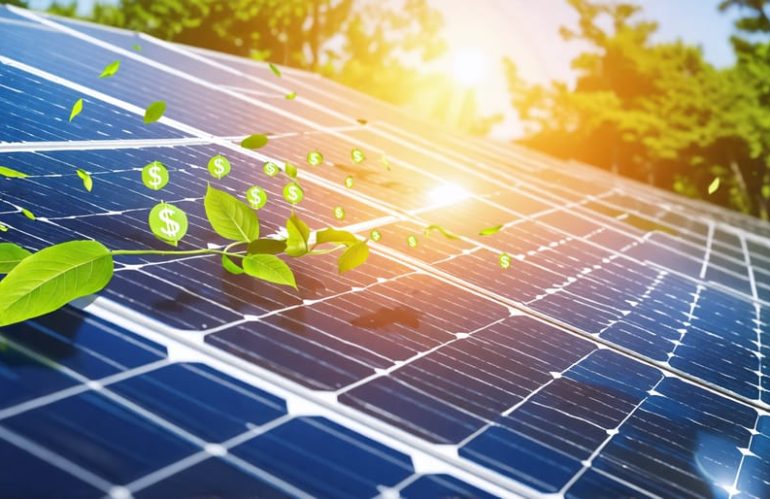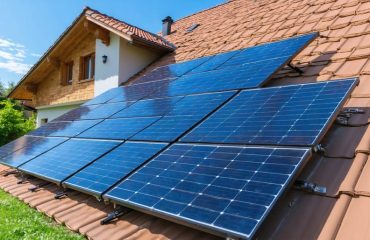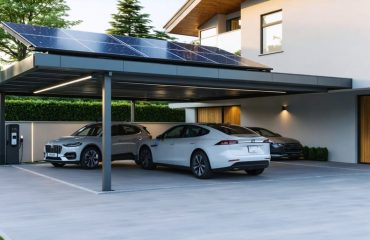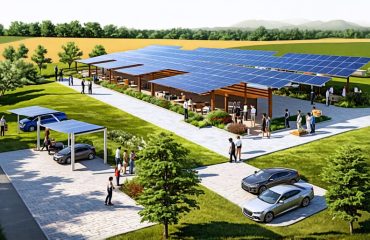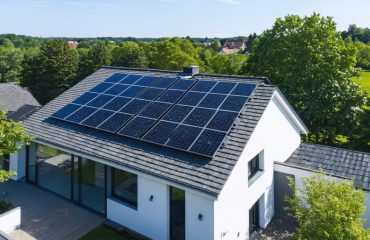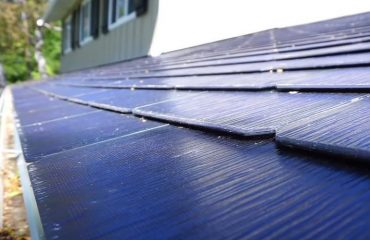Optimize your solar energy investment by selecting the right inverter for your solar panel system. Start by evaluating the size and energy requirements of your home to ensure a perfect match between your inverter and panel output. Choose between string inverters for simplicity and ease of installation, or opt for microinverters for enhanced efficiency and performance, especially if shading is a concern. Prioritize an inverter with a high efficiency rating to maximize energy conversion and minimize losses, directly cutting down your energy bills while boosting sustainability. Lastly, assess warranties and after-sales support, as these not only reflect manufacturer confidence but also ensure peace of mind and long-term reliability in your greener energy journey.
Benefits of Using Inverters in Home Solar Systems
Efficiency and Performance
Inverters play a crucial role in boosting both the efficiency and performance of a solar panel system. By converting the direct current (DC) produced by solar panels into alternating current (AC), which powers your home, inverters ensure that no energy goes to waste. Modern inverters come equipped with smart technology, allowing homeowners to monitor energy production and consumption in real-time, ensuring optimal performance. This adaptability not only reduces energy bills but also maximizes your return on investment. Thanks to their ability to adapt to changes in the environment, inverters can handle variations in sunlight, keeping systems running smoothly and efficiently, ultimately enhancing the system’s lifespan.
Financial Savings
Inverters play a crucial role in efficiently utilizing solar energy, directly impacting your energy bills. By converting the direct current (DC) generated by solar panels into alternating current (AC), which is used by most household appliances, inverters ensure you benefit from free, renewable energy. This conversion maximizes the return on your solar investment, allowing you to use less electricity from the grid and, consequently, reduce your monthly energy expenses. Over time, these savings contribute significantly to offsetting the initial installation costs of your solar panel system, making inverters an indispensable component for achieving long-term financial savings while supporting sustainable living.
Environmental Impact
Inverters play a crucial role in maximizing the positive environmental effects of solar panel systems. By converting the direct current (DC) generated by solar panels into alternating current (AC) for household use, they ensure energy efficiency and minimize waste. This optimization allows homeowners to rely less on fossil fuels, significantly reducing their carbon footprint. Moreover, efficient inverters help maximize the amount of clean energy harnessed, offering a tangible step toward environmental sustainability. Homeowners can enjoy not only lowering their energy bills but also contributing to a greener planet by utilizing their solar energy potential fully.
Choosing the Right Inverter for Your Home
Factors to Consider
When selecting an inverter for your solar panel system, consider your home’s energy needs first. Assess your current power consumption; this helps in choosing an inverter that efficiently supports your energy usage. Next, contemplate your budget. Inverters come at various price points, but remember that investing in a quality inverter can result in better energy efficiency and lower bills. Additionally, think about future scalability. As your energy needs grow or if you plan to expand your solar system, having an inverter that can handle increased loads is wise. Lastly, evaluate the inverter’s warranty and after-sales service, ensuring long-term reliability. By considering these factors, homeowners can optimize their solar investment, contribute positively to the environment, and enjoy financial savings.
Expert Recommendations
Choosing the right inverter for your solar panel system is crucial for maximizing efficiency and reducing energy bills. Start by considering the type of inverter best suited to your needs. String inverters are cost-effective and ideal for simple setups, while microinverters offer more efficiency and flexibility, especially if your panels face different directions. Pay attention to the inverter’s capacity and ensure it matches your solar panel output. Opt for a model with a high-efficiency rating to get the most out of your energy production. Installing a hybrid inverter can future-proof your system if you plan on adding battery storage later. Avoid common pitfalls by checking for compatibility with your entire system and confirming warranty terms. An informed choice not only boosts your savings but also contributes to a sustainable lifestyle.
Installation and Maintenance
Installation Process
Installing a solar inverter is a straightforward and rewarding part of embracing solar energy. Typically, the installation process begins with assessing your specific energy needs and selecting a compatible inverter. Once chosen, professional installation usually takes just a few hours. An expert technician will connect the inverter to your solar panels and integrate it with your electrical system. This ensures seamless conversion of solar energy into usable electricity, helping you reduce your energy bills sustainably. Many homeowners find that, aside from helping the planet, solar inverters quickly prove cost-effective, offering significant savings over time. By going solar, you also contribute positively to environmental efforts, fostering a greener future—another win for you and the planet!
Maintenance Tips
Keeping your solar inverter in prime condition is crucial for optimal energy production and long-term savings. Start by ensuring your inverter is installed in a cool, shaded area to prevent overheating. Regularly check for dust and dirt buildup, as this can hinder performance; a soft brush or dry cloth can help keep the unit clean. Look out for warning signals on the inverter’s display, which might indicate potential issues needing professional attention. It’s wise to maintain a routine inspection schedule, twice yearly ideally, to spot any wear and tear early. Remember, some simple maintenance can prolong the lifespan of your solar inverter, maximize efficiency, and enhance your home’s energy savings while contributing to a greener planet.

Debunking Myths About Solar Inverters
Myth vs. Reality: Efficiency Concerns
Many homeowners worry about whether solar panel inverters are truly efficient, but these concerns often stem from myths. In reality, modern inverters are remarkably efficient, converting around 95-98% of the solar energy they receive. This means you’re maximizing the energy generated by your panels, which substantially lowers electricity bills. Additionally, concerns about complex operations are unfounded; today’s inverters are designed for ease of use, featuring user-friendly interfaces and smart technologies. By separating myth from reality, you can feel confident that investing in a solar inverter not only supports sustainable living but also offers significant long-term savings.
The Truth About Costs
When considering the costs of solar inverters, it’s essential to look beyond just the initial price tag. While a quality inverter can range from a few hundred to several thousand dollars, the financial benefits often outweigh these expenses. A solar inverter converts the energy from your solar panels into usable electricity for your home, maximizing energy efficiency and potentially reducing your electricity bills significantly. Additionally, investing in a reliable inverter can increase the overall lifespan and performance of your solar system, leading to longer-term savings. Tax incentives and rebates are also often available, further reducing upfront costs and enhancing the financial benefits of solar energy adoption.
Conclusion
Incorporating inverters into your solar panel system offers a range of compelling benefits, making them a smart choice for anyone interested in sustainable living. Firstly, inverters are essential for converting the direct current (DC) produced by solar panels into the alternating current (AC) used by most home appliances, ensuring that your household runs smoothly on renewable energy. By integrating a reliable inverter, you can maximize the efficiency of your solar panels, ensuring you generate and use the most energy possible. This reduced dependence on external energy sources can significantly lower your energy bills over time, providing a practical financial benefit alongside the environmental positives.
Moreover, investing in solar inverters supports a more sustainable lifestyle by reducing your carbon footprint, contributing to cleaner air and a healthier planet. This adoption of green technology debunks the myth that living sustainably is inconvenient or costly. The initial investment in a quality inverter pays off by increasing the longevity and performance of your solar system. Embracing this renewable energy solution makes you a part of the bigger movement towards an environmentally-friendly future, all while enjoying the immediate perks of energy independence. Solar inverters are not just a technical component; they are a key player in driving efficient, eco-friendly energy for your home.

